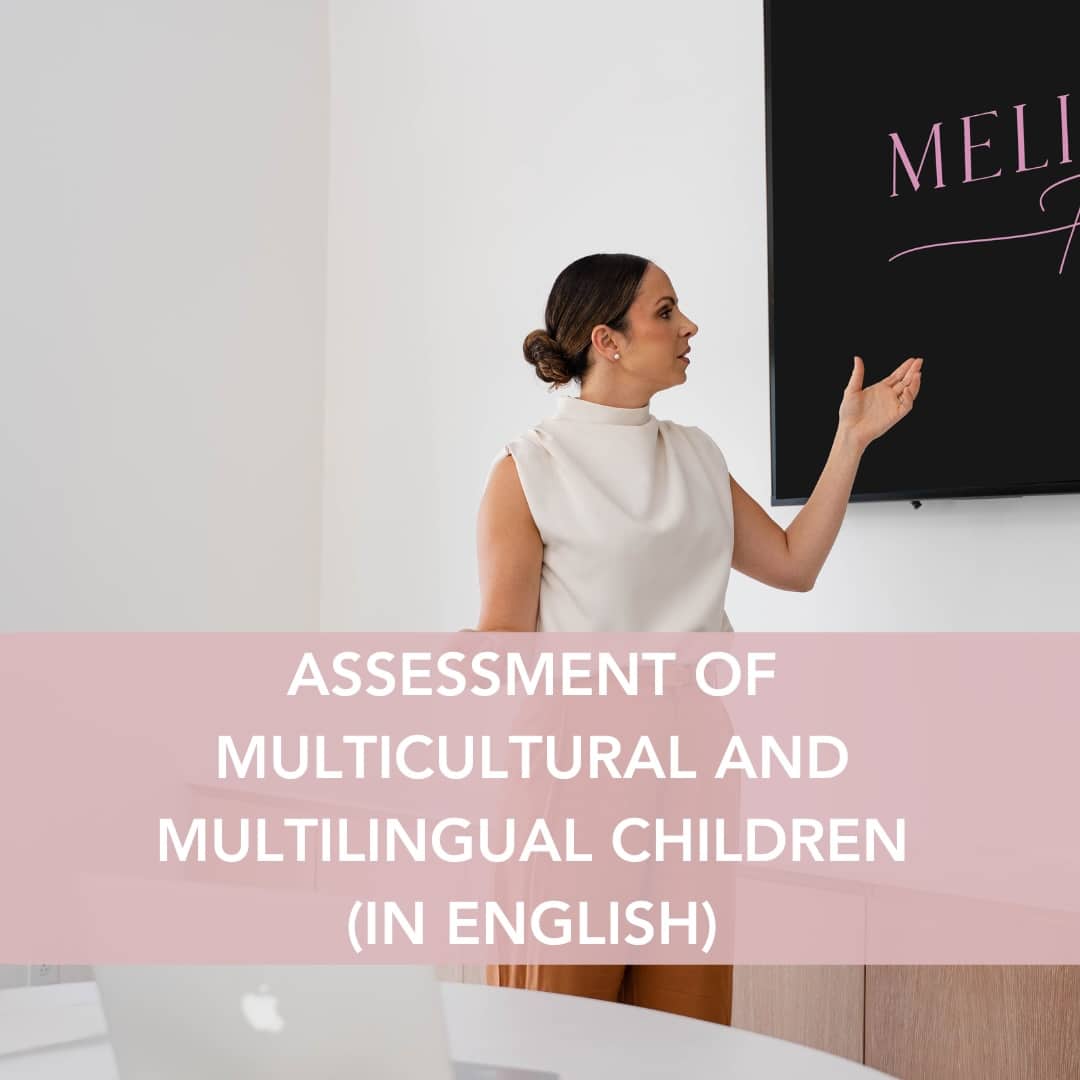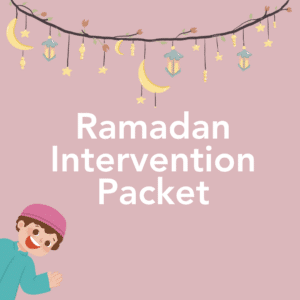Assessing Multilingual Children: Tools and Strategies for Inclusive Practice
$179.00
In this 3.5 hour training, speech-language pathologists will explore evidence-based strategies for assessing multilingual children with confidence and clarity.
You’ll examine the challenges of standardized assessments, understand the impact of cultural and linguistic bias, and learn how to collect meaningful background data through ethnolinguistic interviews.
Through case examples and practical tools, you’ll walk away with actionable steps to assess bilingual children in a way that is inclusive, respectful, and grounded in best practices.
By the end of this course you will have a slew of tools and strategies for an inclusive practice to apply immediately to your clinical practice when assessing multilingual and multicultural children.
Course Objectives:
Determine when a bilingual assessment is appropriate vs. when to monitor
Understand what to do when a child is exposed to two or more languages
Become familiar with tools and strategies for evaluating multilingual children
Differentiate language disorder from typical second language acquisition
Identify and address bias in traditional assessment practices
Communicate confidently with families and school teams across cultures
Take away practical, inclusive actions you can implement in your clinical work
Course Format: This is a 3.5 -hour live workshop, presented on May 29th from 9:00 AM to 12:30 PM (Eastern Time).
All participants will receive 60-day replay access + a certificate of completion.
The training includes:
Research-backed theory
Real clinical examples
Case studies and reflection activities
A bonus toolbox module with assessment checklists, templates, and practical forms
Module Breakdown:
Module 1: Understanding Bilingualism and the Impact on Assessment
- Myths, realities, and misconceptions
- Developmental trajectories in bilingual children
- Interference vs. transfer between languages
- Key influencing factors: age, input, context, cultural norms
Module 2 – Inclusive Assessment Practices
Classic assessment models vs. inclusive alternatives
How to use ethnolinguistic interviews and gather meaningful background data
Introduction to dynamic assessment
Analyzing language components through discourse and speech sound sampling
Working with interpreters ethically and effectively
Writing inclusive and culturally informed reports
Module 3: Clinical Application
- Case analysis (live + pre-prepared)
- Integrating the data: how to decide if it’s a difference or a disorder
- Report-writing tips for multilingual profiles
- Q&A with Melissa — bring your real challenges!
Want to confidently assess bilingual children and reduce misdiagnosis?
This course is for you.



